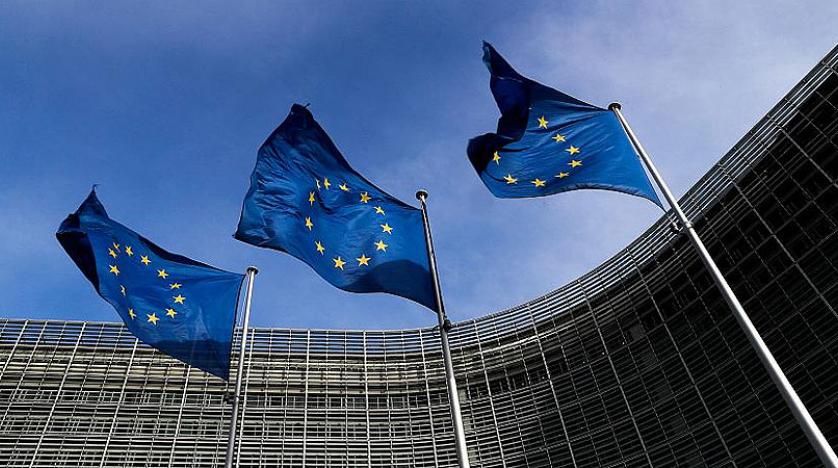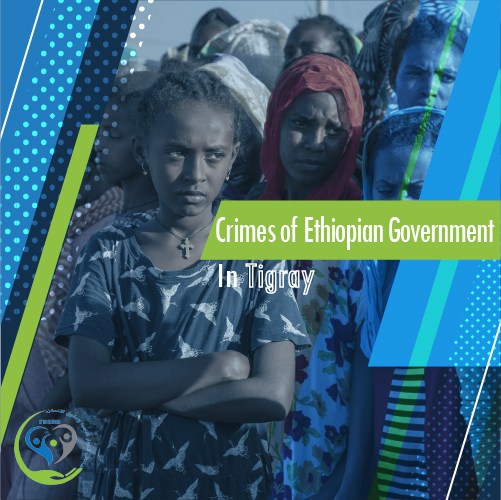Tuesday, April 6, 2021
press release
—————————————————————————————–.
On Tuesday, April 6, 2021, the “Counter-Terrorism Observatory “of the Forum for Development and Human Rights dialogue issued a report entitled “EU countries and confronting extremist ideology”
The report pointed out that the terrorist attacks that took place in the EUROPEAN Union countries marked a new and very important turning point in the attitudes and policies of the leaders of these countries towards terrorist groups that promote extremist ideas leading to violence and have become dealing with these associations with new and sophisticated visions and methods different from the visions and methods they dealt with in the past.
The report stressed that Europe faces a huge range of security challenges associated with increasing rates of violence and extremism and that if there is no integration of migrants into society, the rates of terrorist attacks will increase andsocial cohesion will deteriorate, which leads european citizens to vote for radical political parties that promise to fix these problems.
The report explained that the Muslim Brotherhood in Europe has the capacity to adapt and flexibility, so the Brotherhood has seen a significant decline in the wake of the tightening of european countries to their measures against the facades behind which the Brotherhood andpolitical Islam work in allits spectrums.
The report also confirmed that 2020 is the worst in the history of the group in Europe, after many of them weremonitored and monitored by the intelligence services of the European Union countries, mostnotably Britain France and Germany, which consideredthe Brotherhood to be a threat based on the democratic system in the countries of Europe
With regard to the steps taken by European countries, the report stated that European countries had taken serious steps against terrorists in handing them over to their countries and closing the centres ofterrorism and extremism used by these organizations.
However, despite efforts by European intelligence to imposeextremism and carry out terrorist operations, the risk of carrying out terrorist operations locally has increased relatively because of the expansion of extremism locally and the continued extremist propaganda on the Internet by attracting groups and elements and pushing them to carry out terrorist operations.
According to the report, the EU is expected to continue to suffer from these divisions and it is difficult to find unified positions on all issues despite brussels’ effortsto discuss the implementation ofits policies.
The report noted that the EUROPEAN Union seems to be moving towards opening up to the Middle East and Africa as part of its efforts to find non-military political solutions to conflicts, recognizing that these conflicts have implications forEurope’s security.
The report explained that European countries generally face problems in the legal application to reduce the spread of extremism, such as the release of accused persons after the end of their prison terms, regardless of whether or not they hold violent ideas, along with EU laws themselves, which give more room for movement between states and overcome barriers to the formation of multi-geographical cells.
The report concluded with a number of recommendations, the most important of which were:
- What Europe needs at this stage is to fight extremism from within through soft policies, with the participation of governments and municipal councils with the family and civil society organizations, as well as the strengthening of European countries’ cooperation with the countries of the region in the fight against extremism and terrorism.
- The dangers of the Brotherhood, political Islam, should be pointed to working on parallel societies within Europe, which is a direct threat to Europe’s national security.
- It is essential that all European countries make broader efforts to tighten the noose on the group in Europe, and european countries may seek to cooperate with some countries in the region, to fight the brotherhood’s surrounds specifically inEurope.
- Not all Muslim societies should be put under the microscope, but rather the identification and isolation of the extremist part of them. This part includes Islamist activists and partisans, including those who belong or sympathize with armed organizations or ideological organizations such as the MuslimBrotherhood.
- If European governments can isolate the Brotherhood and get rid of them, half of the problem of terrorism will besolved.








